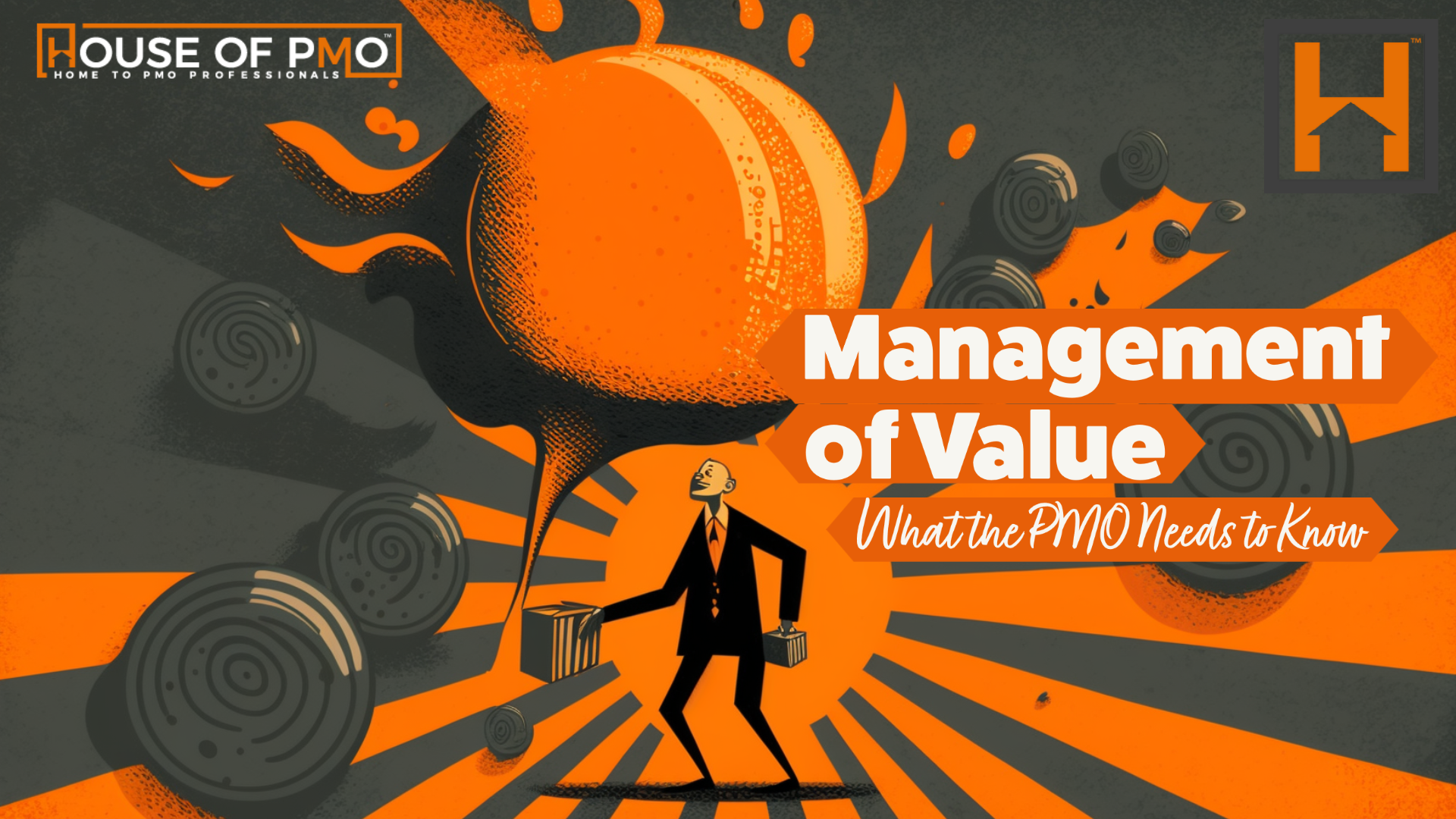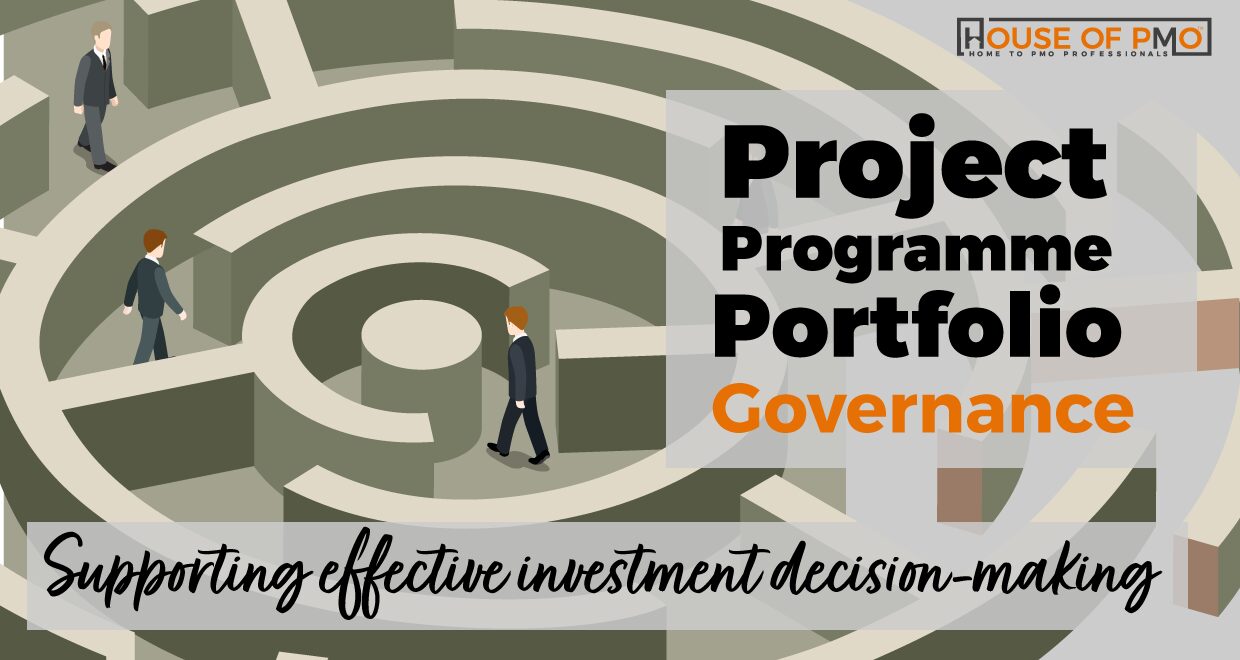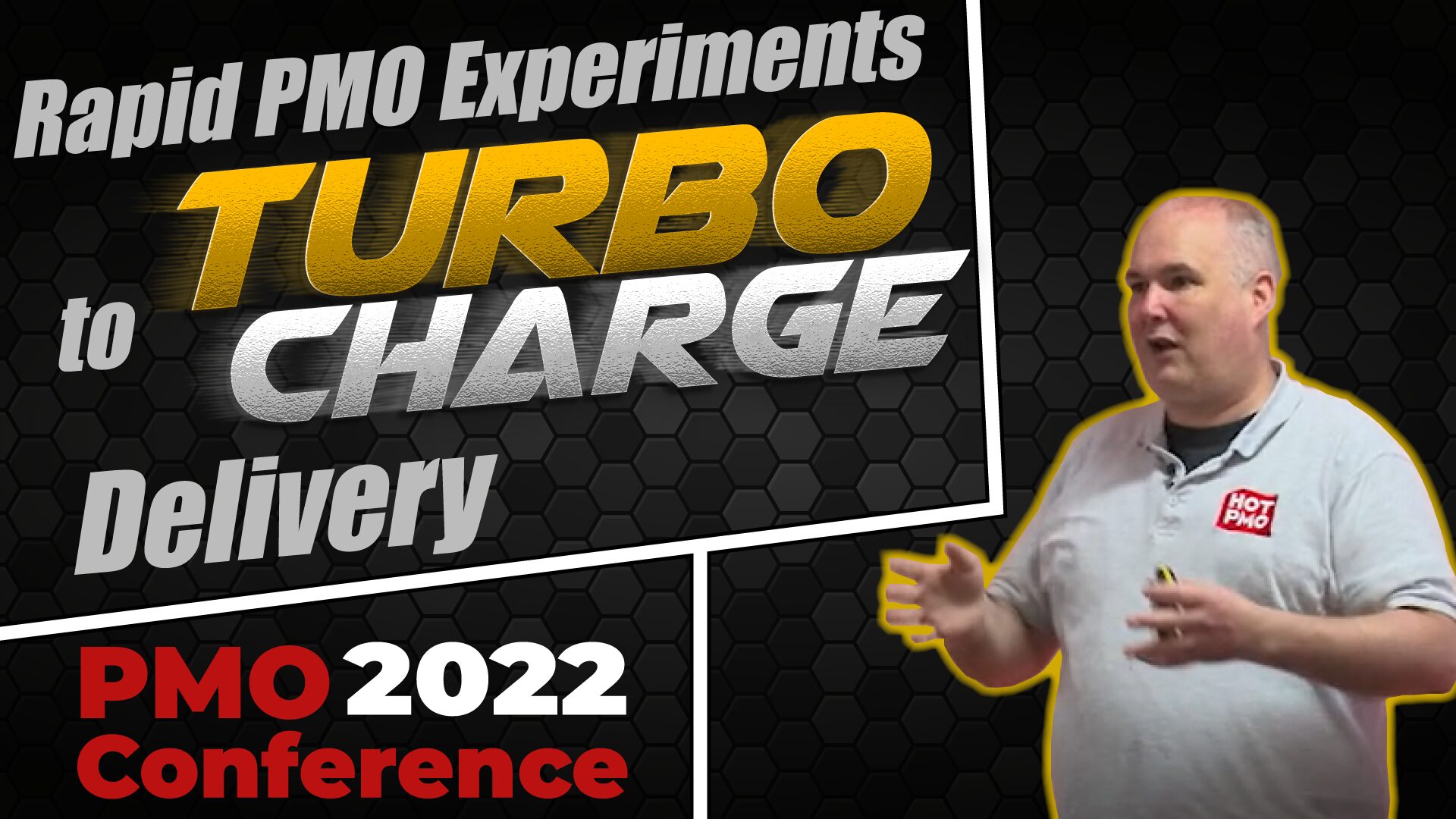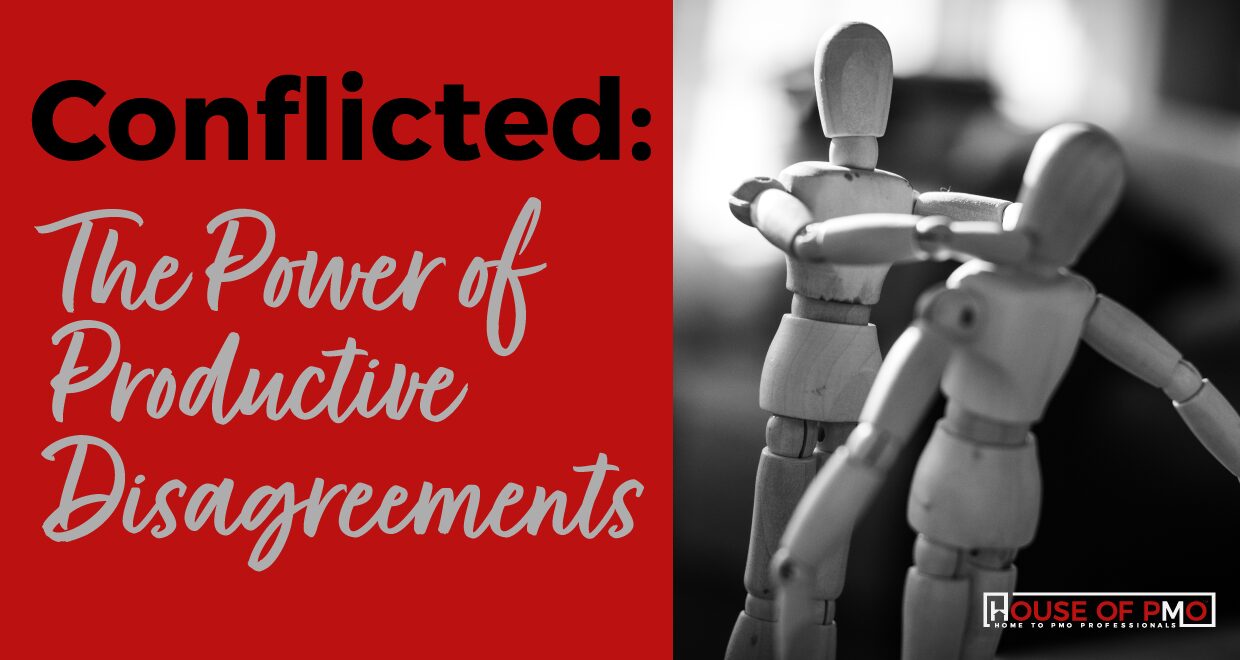Management of Value (MoV) © is a training course and certification from AXELOS which focuses on “principles, processes and techniques to maximize benefits from portfolios, programmes and projects.” In this session we hear from Garret Beggan and his experiences from taking the course - he shares what's in it for PMO practitioners
Go to article
In this session we hear from the co-author of the new book Project, Programme and Portfolio Governance - Ross Garland.
P3G is the framework an organisation establishes to enable effective investment decision making.
In this session we look at how to establish an effective governance framework for a project, programme or entire portfolio. A perfect text for anyone currently working in or managing a PMO.
P3G is the framework an organisation establishes to enable effective investment decision making and the PMO has a great role to play in that.
The book itself has been written for practitioners so we can expect lots of practical take aways from this pragmatic and scalable approach to governance in change delivery organisations.
Go to article
Business demands always outstrip supply. How do you decide which projects and features to focus on?
Your product managers may talk about building small ‘MVPs’ but what does that really mean?
In this interactive session, John McIntyre from HotPMO introduces the concept of Rapid Delivery Experiments which will change the way your portfolio approves projects, whilst massively reducing uncertainty and risk.
Go to article

In our closing keynote from the PMO Conference in 2021, we welcome Ian Leslie, author of acclaimed books on human behaviour, described by Malcolm Gladwell as “one of my favourite writers”. Ian’s latest book, Conflicted, is about the power of productive disagreement.
Working within a PMO, supporting portfolios, programmes and projects, our work thrives on interactions with peers, managers, senior executives, customers and a wide range of stakeholders. None of us will be unfamiliar with conflict in our daily working lives, projects by their very nature are all about solving problems, working at a fast pace, dealing with dependencies, agendas and internal politics – all hotbed areas for disagreements.
In this session, Ian finished our day with a thought-provoking, different perspective on disagreements in the workplace – and how we can all benefit from productive conflict.
The book itself features fascinating stories from the Beatles, the Wright Brothers, Ku Klux Klan, Socrates and hostage negotiators - quite the mix!
Go to article
In the final session from the PMO Lab, we're looking at metrics and measures that ultimately help to drive executive and business decisions. The PMO's objective as a function which enables decision-making encompasses many areas. It could be the physical mechanisms that would allow decisions to be made, for example, producing reports, updating dashboards and so on. It can mean helping to create an environment where decisions and approvals can flow - the governance side. Even the more behavioural side of decision-making and ensuring staff are well-trained in communications, influence and negotiation.
We also cover the final two sessions which looked at PPM tools and the PMO business case benefits.
First up, business decisions and the lab rats concentrated on the PMO as a portfolio management office and how it can help drive executive business decisions. No other reason, other than they can!
Let's see what they undercovered:
Go to article
Implementing a new PMO is a challenge in any organisation – add in a conflict zone and a humanitarian crisis to the mix and suddenly the need to deliver results moves from “business critical” to literally the ability “to save lives”.
Eddie Borup recounts his time as Head of Programme for a large international agency in the development/humanitarian sector, appointed just a few days prior to a brutal civil war starting in South Sudan. Arriving on the ground he saw the shift of his programme move from development support to humanitarian aid overnight.
He was accountable for a $30m programme which included the building of camps (IDP) to protect the internally displaced citizens, extend airstrips to enable aid to be delivered, roads to ensure food security and other infrastructure related projects including the renovation/building of hospitals.
Eddie shares the critical success factors in setting up a PMO in this environment, focusing on the functions and services of the PMO that really mattered. Combined with insights into this unusual working environment, Eddie also tells his story about taking on a challenge like this and what lessons can be learned for other organisations who need to deliver business critical programme and projects – regardless of the sector and environment.
Takeaways:
Practical example of the benefits of an effective PMO
Hints and Tips on what makes a PMO successful
How the lessons learned can be translated to other sectors
Go to article






